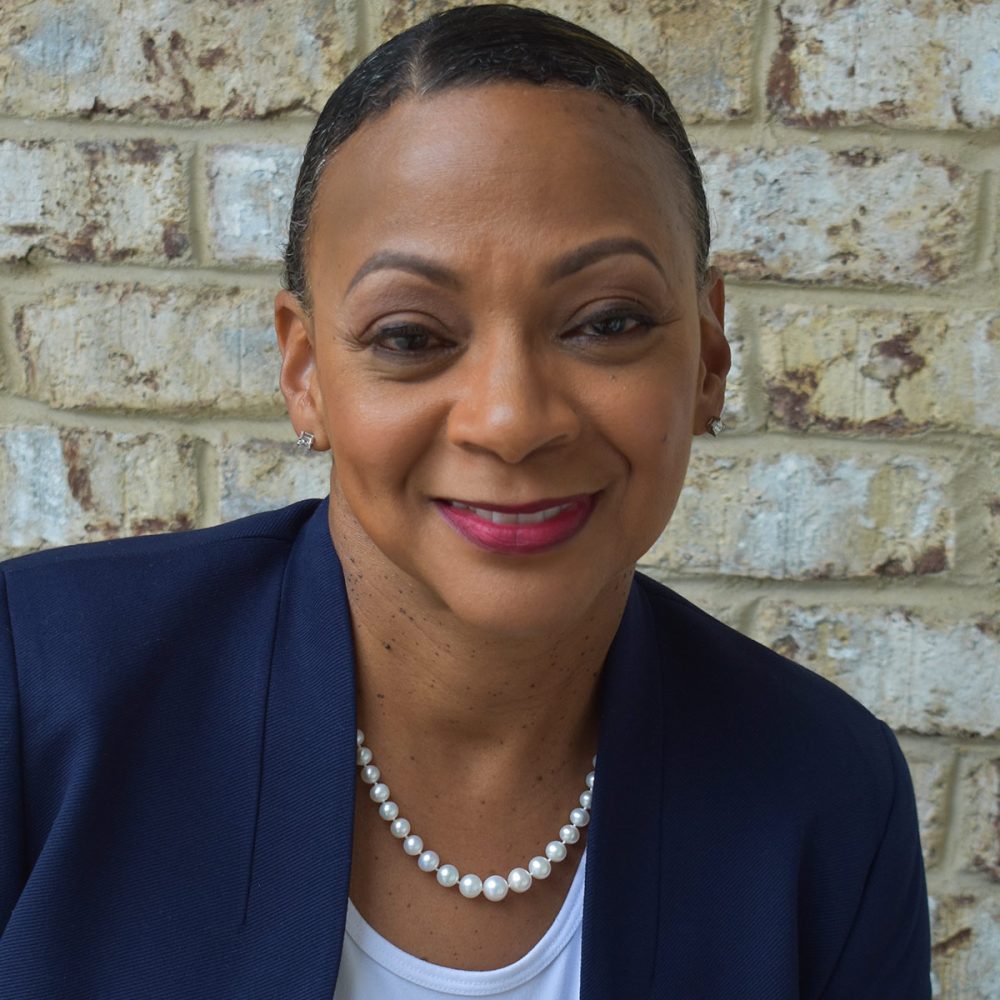About me

My Work
My Journey
I have been practicing social work—my second career and first professional love—for more than 16 years. I have merged my education and training, administrative and social work experiences, and my PhD research with coaching and facilitation to create a unique approach to racial and social trauma, healing and growth. The most recent complement to my work is a polyvagal approach that helps people understand and establish embodied safety; build neuro-resilience to name injury, repair ruptures, and create practices to heal relationships; and normalize generative justice-related dialogue.
When I entered the profession, I was filled with an excitement and deep commitment to honoring social work’s core values that included social justice, dignity and worth of the person, importance of human relationships, integrity, and competence, and was thrilled that they were supported by a professional code of ethics. I absolutely loved working with clients and colleagues, most of which were living under very oppressive social conditions. My excitement began to fade as a “disjuncture between social work’s stated mission and actual racial practices” became clear (Bridges Patrick, 2020). The first few years, I stayed silent about workplace racial dominance fearing for my own emotional safety and of being excluded. The topic of race rarely came up and if it did it was by me. When it did come up the visceral, polarizing and silent reactions sent clear messages about the danger that had just been invited.
Hundreds of experiences and years of personal and professional silencing and shrinking set me on a quest to get closer to this phenomenon. So, I pursued PhD research to explore the ways workplace discourses between social workers reproduced and maintained racial dominance while espousing justice. My PhD research examined how subtle and nuanced racial dominance was reproduced by justice-seeking professionals in day-to-day workplace discourses. These individual stories collided with each other to create a larger, collective story of racialized dominance that upon closer examination reveals a universal harm to our biological need for safety and belonging albeit with varied impact, intensity and duration. These experiences and their familiar themes are being reexperienced everyday in workplaces and virtual spaces, in meetings, in our teaching and counseling while they live in policies and practices. Whether in social work, leadership, corporate or non-profit, three consistent patterns have emerged from my professional experiences:
What I found is that much of the work of racial and social justice is within and between us…and must occur before and/or during our efforts to help others. These patterns are where my work focuses.
Let’s face it… the trauma of disconnection predates the pandemic, and our responses need to be developed for the long game. We have been stretched far beyond what we were prepared for, forcing us into a new reality. My services are structured to develop and support the healing and growth of leaders as they navigate uncertainty for themselves and those they lead.
I was the youngest of three children, and as I understand, my conception and eventual birth was the last hope for my parents’ failing marriage. They both struggled with undiagnosed mental illness that severely impacted their relationship and ability to function as a couple. In hindsight, my early indoctrination into trauma and its consistent presence in my life turned the phrase “bloom where you are planted” into a series of cycles that I relived at different stages of life. Over time and with my own experiences, I began to see our family struggles and the adaptive survival strategies we developed were reactions to living in social conditions that betrayed our inherent need for safety, belonging and dignity (Haynes, 2019). The strategies that ultimately saved our lives often showed up as habitual patterns of dysregulated energy. I found myself constantly triggered into states of protection, like fear, shrinking, being agreeable, chaos, shut down, isolation, and distraction. I have healed from
While my life, education and professional experiences have focused on various forms of trauma and treatment, the last six or so years have been intentionally committed to my own healing and growth. The gut-wrenching process of self-reflection, acknowledging the harm I endured and the injury I created, and admitting my own collusion has been a painful, yet essential aspect of the healing process that continued as I entered PhD study.
My PhD journey took on a frenzied life of its own culminating with the most profound discovery and irreplaceable gift that I will treasure for the remainder of my life. In the shadowy depths of racial power abuse, I stumbled upon my own spiritual liberation. Gaining a deeper understanding of racial dominance and witnessing its behavior and impact literally freed me from its grips of shame. This sense of freedom has moved beyond race and is embodied in every aspect of my life. I bring all of this into my work to:
I know trauma, I’ve lived it. I know triumph, I’ve experienced it. I know healing and growth is a lifelong process and I will remain on my journey. I am passionate about working with folks who are interested and committed to healing and equity work. I have the compassion, courage, skills, and education to travel with you on your journey.
My Academic Path
- Doctor of Philosophy in Leadership and Change – July 2020 – Antioch University, Yellow Springs, Ohio. Dissertation Title: Navigating the Silences: Social Worker Discourses Around Race
- Master of Arts in Leadership and Change – November 2018 – Antioch University, Yellow Springs, Ohio
- Master of Science in Social Work – May 2007 – University of Tennessee, Knoxville, Tennessee
- Bachelor of Science in Social Work – May 2006 – Capital University, Columbus, Ohio
- Associate of Science in Organizational Leadership – May 2003 – Franklin University, Columbus, Ohio
- Licensed Independent Social Worker with Supervisor Designation – State of Ohio
- Licensed Clinical Social Worker – State of Indiana
- Certified Clinical Trauma Specialist
- Anti-Oppressive Informed Practice Social Worker
- Polyvagal Informed Social Worker
